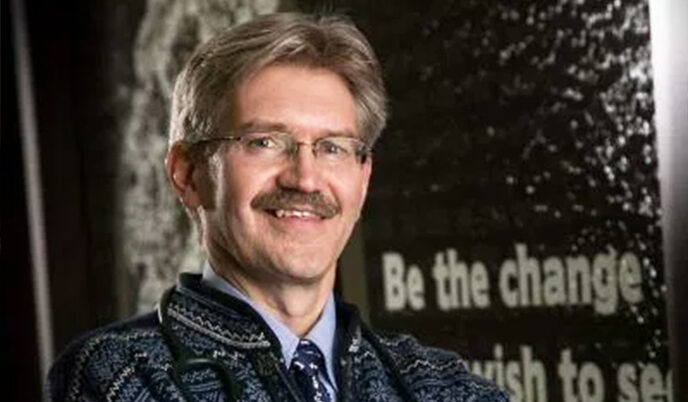
Jonathan Temte named associate dean for public health and community engagement
A key player in nationwide vaccine policy with a passion for connecting medical research with community needs, Jonathan L. Temte, MD, PhD, MS, will serve as the next associate dean for public health and community engagement at the University of Wisconsin School of Medicine and Public Health.

Jennifer Edgoose, Melissa Metoxen named Outstanding Women of Color
Two members of the University of Wisconsin School of Medicine and Public Health community have been named UW–Madison Outstanding Women of Color for 2018–19.

Financial incentives help Medicaid recipients quit smoking
The use of modest financial incentives to engage with the Wisconsin Tobacco Quit Line is a cost-effective option for increasing smoking quit rates among Medicaid recipients, according to research at the University of Wisconsin School of Medicine and Public Health.

Jonathan Temte receives prestigious public health award
The American Academy of Family Physicians (AAFP) has announced that Jonathan Temte, MD, PhD, professor of family medicine and community health at the University of Wisconsin School of Medicine and Public Health, has been honored with the 2018 AAFP Public Health Award.

UW to test using MDMA in treatment of severe PTSD
The Department of Family Medicine and Community Health of the UW School of Medicine and Public Health will take part in a multisite Food and Drug Administration-approved Phase III trial investigating MDMA as an adjunct to psychotherapy for the treatment of severe post-traumatic stress disorder (PTSD).

UW–Madison establishes state’s first and only addiction hotline for providers
In what is believed to be a national first, the University of Wisconsin–Madison, in conjunction with UW Health, has established a new resource for Wisconsin primary care physicians and other providers to help them successfully manage patients with addictions.

Valerie Gilchrist earns family medicine leadership award
Department of Family Medicine and Community Health Chair Valerie Gilchrist, MD, has been honored with the 2018 F. Marian Bishop Leadership Award by the Society of Teachers of Family Medicine.

Temte named to federal advisory committee in Centers for Disease Control and Prevention
University of Wisconsin School of Medicine and Public Health professor Jonathan Temte, MD, PhD, has been named to a Centers for Disease Control federal advisory committee by U.S. Secretary of Health and Human Services Alex Azar II.

Mobile app helps patients struggling with addiction in primary care settings
University of Wisconsin School of Medicine and Public Health researchers have conducted one of the most comprehensive implementation studies examining the use of mobile health technology in the United States’ health care system.

Researchers study real-time flu surveillance
High-tech flu surveillance within clinics can accurately track, in real time, early flu activity, peak season and the end of the flu season, according to University of Wisconsin School of Medicine and Public Health researchers.

Physicians spend more than half of work day on electronic health records
Primary care physicians spend more than half of their work day on electronic health records during and after clinic hours, a University of Wisconsin School of Medicine and Public Health and American Medical Association study has found.

Flu surveillance continues with $2.4 million CDC award
A researcher has received a $2.4 million award from the Centers for Disease Control and Prevention (CDC) to continue his work that has found flu activity in schools is a good warning system for flu activity in the community.